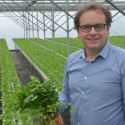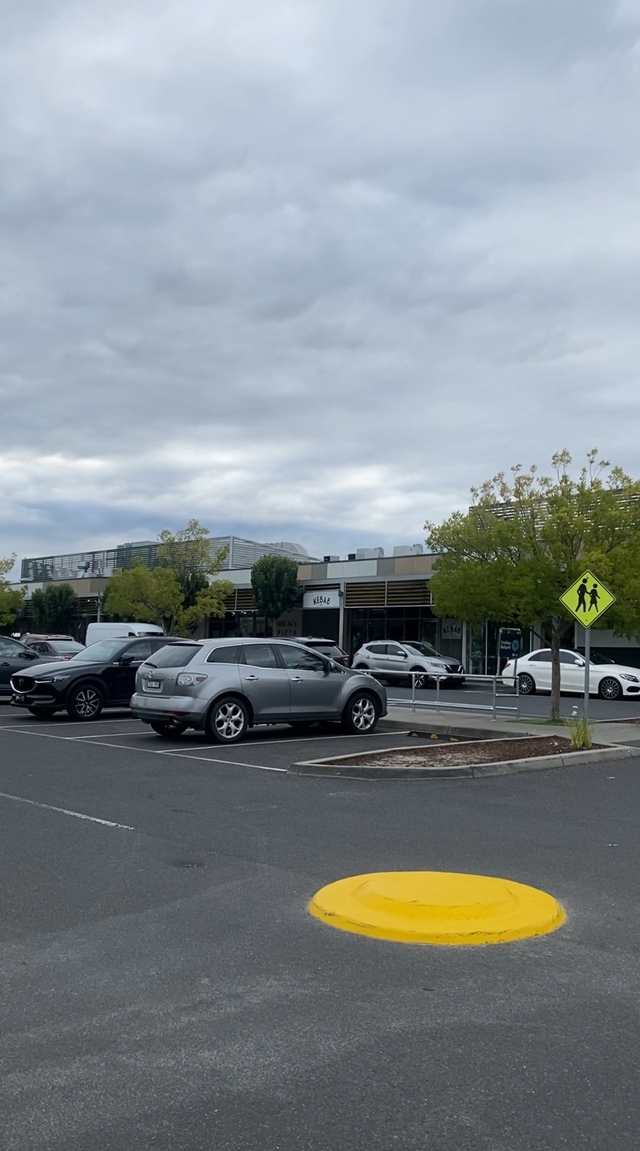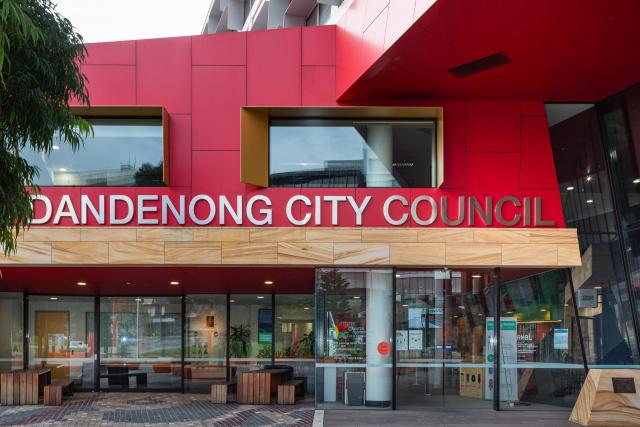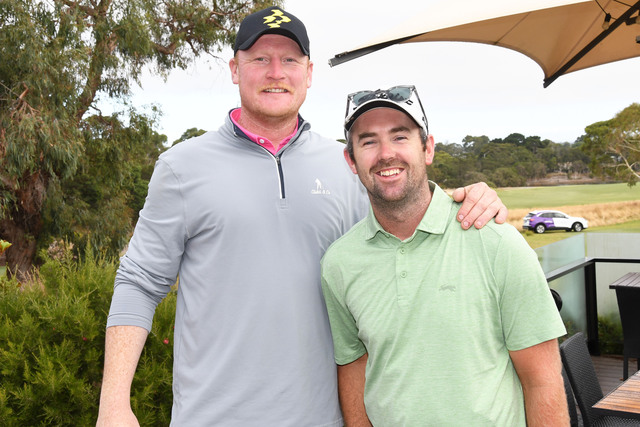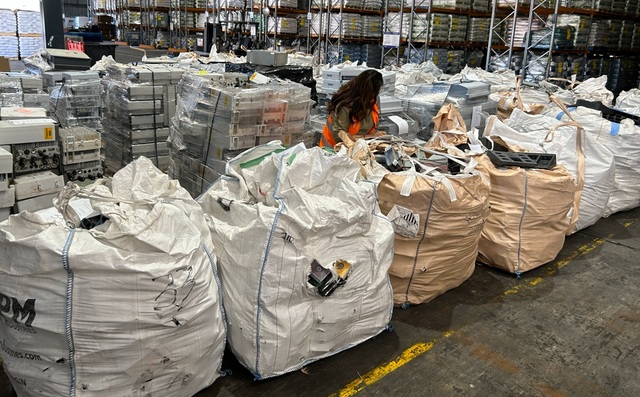By CASEY NEILL
A CLYDE herb business will use a $430,000 boost to increase its productivity by 500 per cent.
Australian Fresh Leaf Herbs will use the Coles Nurture Fund Cash announced on 23 November to build a state-of-the-art hydroponic greenhouse and invest in sustainable farming methods.
It’s due to be finished next March and will feature Dutch-designed rolling benches that use 85 per cent of available space, compared to grow-beds which only use 60 per cent.
Waste-oil heaters will regulate the greenhouse temperature, allowing increased production throughout the year.
Fresh Leaf in September received the Coles Rising Star Award.
Managing director Jan Vydra started the business with William Pham in Clyde in 2008.
“We tried growing basil outdoors and we did relatively OK at it but we found that there was some inconsistency in controlling the crop,” he said.
“We started growing more and more hydroponic produce which gave us pretty close to year-round production.
The environment has also benefited.
“Over the last three years growing hydroponically, we’ve saved just under half a billion litres of water compared to conventional farming,” Mr Vydra said.
“This space over here grows about 10,000 bunches of basil a week. I think it’s about 12,000 square metres, off the top of my head.
“You would need 10 times that space to grow outdoors and you would use 10 times the amount of water.
“Even though it’s really efficient, it’s still 52 per cent inefficient because of all the walkways.
“The new technology that we’ve got will actually condense that area further.
“We’ve got a shuttle system that lets us push all the things around. We’ll have 35 per cent more production per square metre.”
Mr Pham had two greenhouses when he met Mr Vydra.
“William actually came from a banking background but his father used to grow hydroponic tomatoes in Adelaide,” Mr Vydra said.
“He’d just had enough of the corporate lifestyle.
“I was running Yarra Valley Farms, which was a distributor of fruit and vegetables.
“I started to get a lot of complaints about fresh herbs.
“Slowly I learnt that herbs were really important to chefs because all the products really differentiate their plates and give their customers an experience.”
It was at the time that MasterChef was capturing viewers’ imaginations.
“I had a hospitality focus to start with but I switched to retail very quickly because those food competition programs just took off,” he said.
“There’s really been a revolution in the cooking culture in Australia.
“Our business rode that wave back in 2008 when we started growing 2000 bunches of basil.
“Today we probably grow 120,000 to 130,000 bunches a week.”
Fresh Leaf started with one variety.
“Today we have over 70 or 80 different varieties of products ranging from fresh herbs to Australian natives, edible flowers to micro cresses,” Jan said.
The company employs about 65 people and sells about 4.5 million bunches and punnets – up from 2 million in 2010 and on its way to 6.3 million by 2019, if all goes according to plan.
“We want export to be the biggest part of our business,” Jan said.
“We’ve got 23 million people in Australia.
“Realistically we’re touching 70 per cent of the nation, which is 16 or 17 million people.
“Going into Asia, we suddenly have half a billion people that we can access, that are changing their habits and becoming more Westernised and looking for Western products.”
Mr Vydra hopes the new greenhouse will help Fresh Leaf to play its part, and said vertical farming was the next frontier.
He will learn about the practice from the world’s best on an overseas study tour next year, thanks to a Nuffield Australia Farming Scholarship and $30,000 from the William Buckland Foundation.
This research will shape a new purpose-built facility, which Jan plans to build in two to three years.
For now, it will help to transform the flower-growing house in Devon Meadows that Fresh Leaf acquired about three years ago.
The Flowerdale Farm had supplied micro greens and edible flowers for about 30 years, and will soon be home to one of the most expensive greenhouses in Australia.
It also now has four greenhouses dedicated to Australian natives and edible succulents.
“Sometimes our products are very new so getting that cut-through for them to adopt them, especially retailers…” he said.
“It trickles down. New products are really popular with chefs because they’re looking for it, they’re creative. Then consumers come in.
“I think we’ve got a pretty big journey in front of us.”

